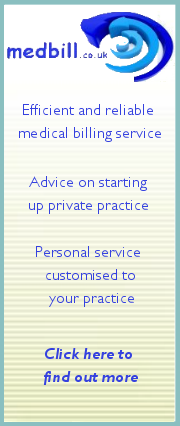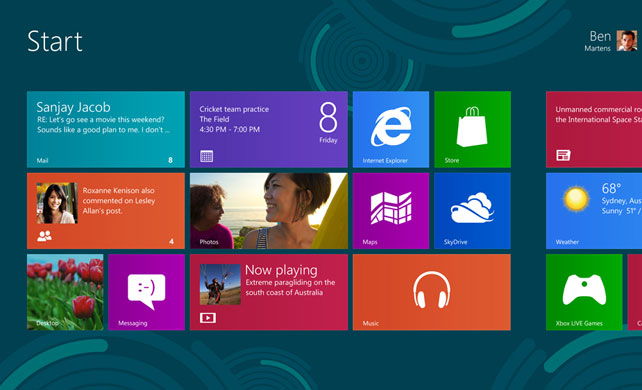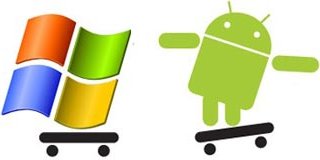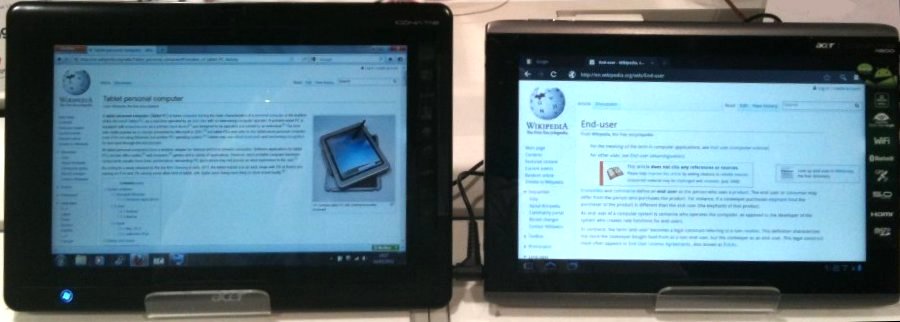|
Tablet Platform Comparison - Windows
Let's Better late than never - maybe not. Microsoft have released the Surface RT and Pro - tablets running versions of their new "touch-friendly" platform - called Windows 8. This is not the first time this has been tried - using various earlier incarnations of the OS. And most of the earlier attempts at usable slate PCs have not got so far - outside being pretty and modern-feeling props on innumerable episodes of CSI. But Microsoft hoped the Surface would succeed in the real world. While graphically, the interface (above) has attracted positive responses, in a pretty ham-fisted opening, Microsoft have repeated earlier mistakes by presenting three confusing tiers of Win8 goodness right from the start.
So what was it about the old system that so much needs fixing?
Apart from the problems with viruses mentioned in the introduction, Windows also has support for legacy features (those maintained to ensure compatibility with older applications, documents and users). Some cynical outsiders suspect that there are some legacy processes running in the operating system that no one - not even in Microsoft - remembers. They just daren't take them out in case something breaks. So the platform (sometimes called Operating System - "OS") is bloated taking lots of memory, storage and CPU. Slates are meant to be small and battery-efficient. This is a basic mismatch, and clearly they are still struggling to resolve the problem. While Microsoft have made lots of money out of the Windows franchise in the past, now they are perhaps paying the price. The techies that Microsoft seemed to want to ignore are out for revenge. Not only do the Pro and Starter versions of Windows have to labour under a constant threat from viruses, but no Microsoft OS will ever attract hoards of enthusiastic App writers. There's also perhaps an intangible feeling on the street that's now resolved to be against Microsoft and would be against them even if they produced something fantastic. I think it's fair to say that Microsoft haven't tested our resolve by producing anything very fantastic so far.
|



 play a little fanfare... Ta Dah...
play a little fanfare... Ta Dah... Microsoft have effectively
Microsoft have effectively 